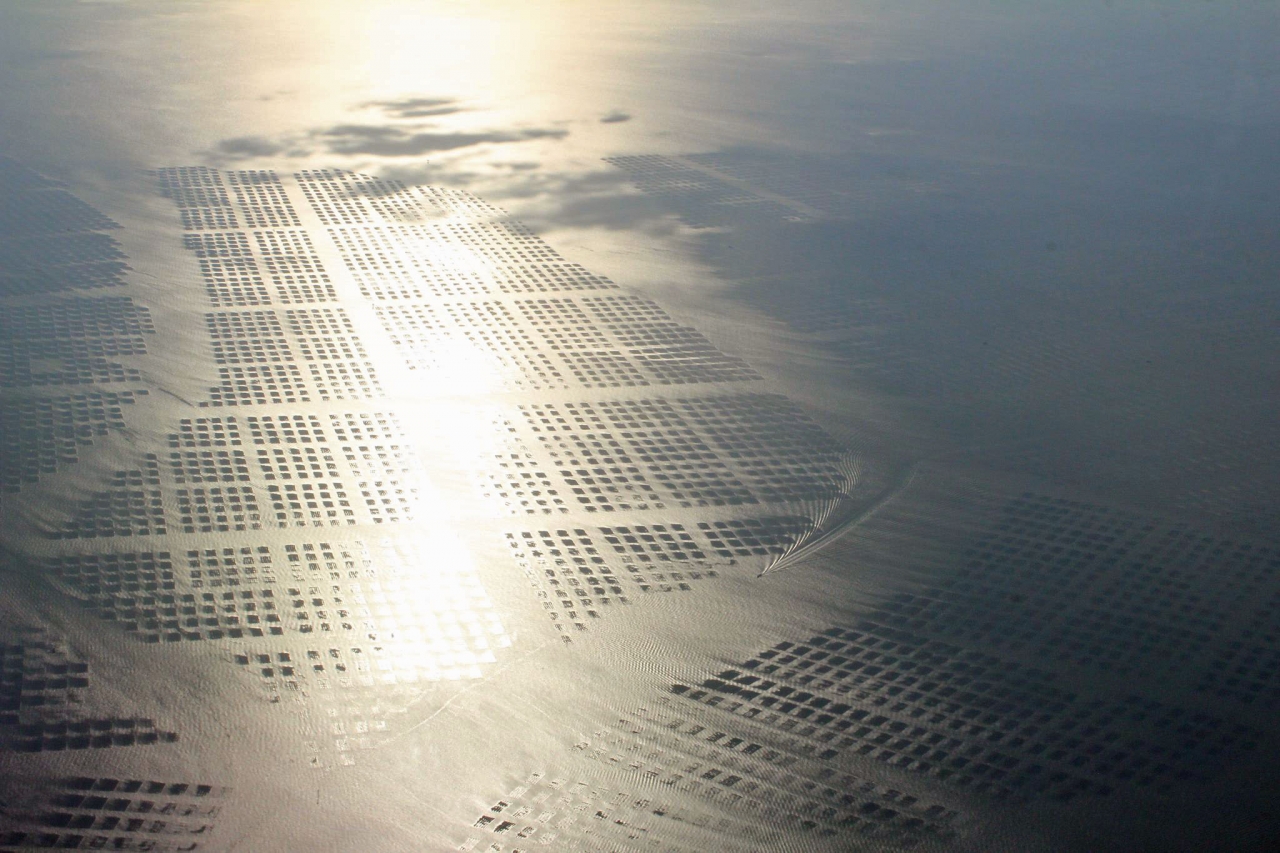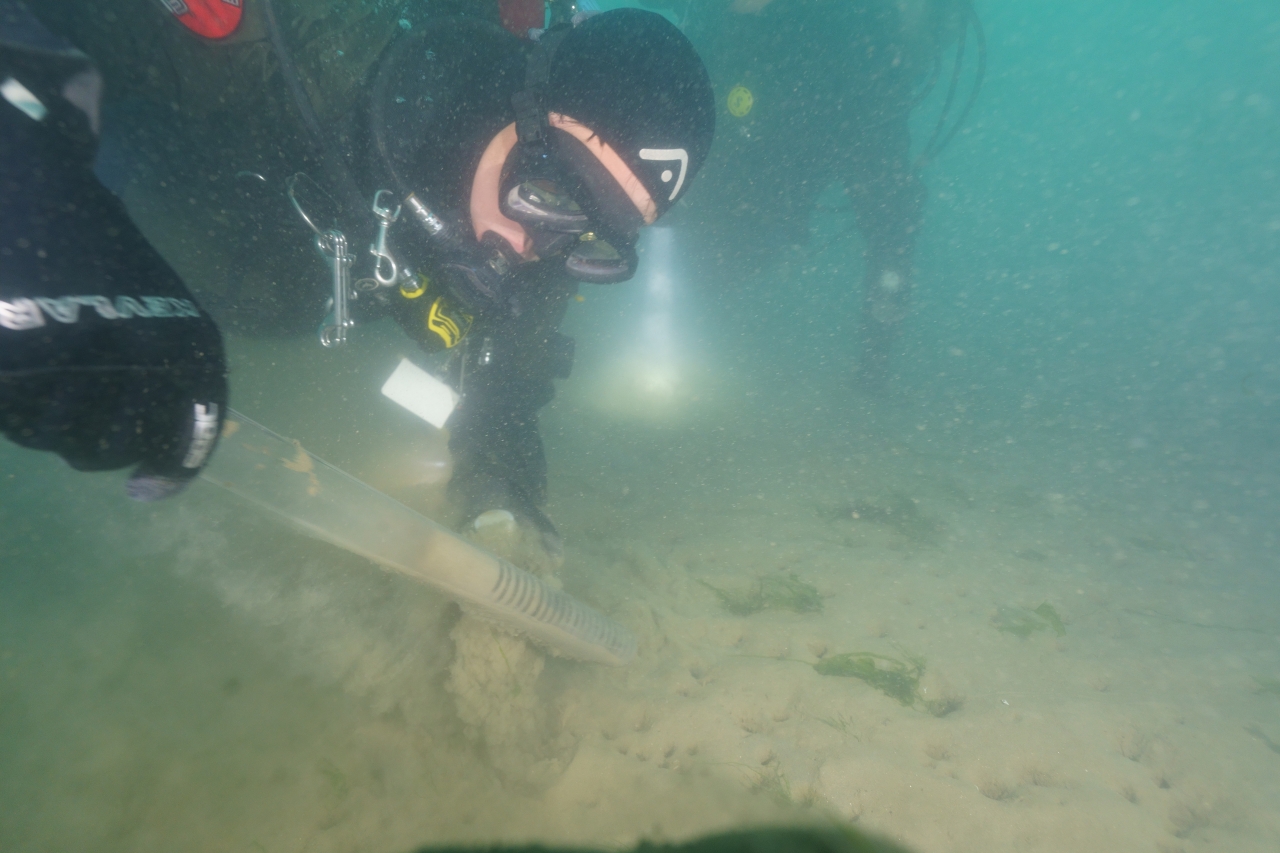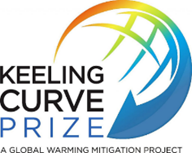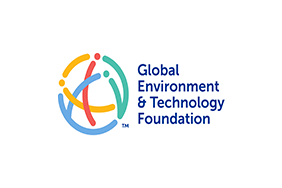Oceans 2050 Receives 2021 Keeling Curve Prize for Pathbreaking Seaweed Carbon Work
Annual Prize Recognizes Best Climate Solutions the World has to Offer
Published 08-06-21
Submitted by Global Environment & Technology Foundation (GETF)
MONTEREY, Calif., August 6, 2021 /CSRwire/ - Oceans 2050 is honored to announce its selection as a 2021 laureate of the Keeling Curve Prize. Each year, the Keeling Curve Prize Selection Committee identifies and funds the best climate solutions the world has to offer. The prize was awarded at a July 31st ceremony hosted by the Global Warming Mitigation Project in Monterey, California.
“We are deeply honored to receive the Keeling Curve Prize in recognition of our pathbreaking work on the carbon sequestration potential of seaweed aquaculture,” said Oceans 2050 Founder Alexandra Cousteau. “The prize will be critical to advancing our mission to restore abundance to the world’s oceans.”
The Keeling Curve Prize recognizes the work of Oceans 2050’s Chief Scientist Professor Carlos M. Duarte. Under his leadership, Oceans 2050 is completing a scientific study to quantify carbon sequestration by seaweed in sediment below seaweed farms across five continents as a part of the first-of-its-kind Seaweed Carbon Farming Project. The goals of the project are to advance the scientific basis for seaweed aquaculture as a solution to helping address the climate crisis while contributing to ocean restoration and create market access and incentives to catalyze this solution. Supporters of the study include the ClimateWorks Foundation, the Jeremy and Hannelore Grantham Environmental Trust, and WWF.
“Seaweed farming is a scalable solution that, if properly deployed and managed, contributes to sequester carbon while also improving water quality, enhancing local biodiversity, and locally mitigating ocean acidification and deoxygenation. By quantifying carbon sequestration rates below seaweed farms, Oceans 2050 is setting the scientific foundations to catalyze the deployment of this promising ocean-based climate change solution,” said Carlos M. Duarte.

Oceans 2050 plans to using funding from the Keeling Curve Prize to support the design of the first carbon-optimized seaweed farm, applying learnings from the study. The prototype farm will aim to minimize the carbon footprint of seeding, harvesting, and processing seaweed while maximizing carbon sequestration during the growing period as well as maximizing displaced emissions due to ultimate use of the biomass.

“We are grateful to the Keeling Curve Prize team and judges for this recognition of our project and of the importance of the oceans for climate. The oceans have absorbed 30 percent of all anthropogenic carbon dioxide emitted since the Industrial Revolution, and carbon dioxide is constantly in flux between ocean and atmosphere. To meet our global climate goals, we have to reduce carbon dioxide loads in the ocean, and seaweed farming is currently the only scalable solution. Seaweed farmers around the world, including the thousands of farmers at the 22 farms on five continents that are partners in our study, are already contributing to climate mitigation and adaptation every day. Our project to quantity carbon removal by seaweed farms and create a new voluntary carbon methodology for it will allow them to get paid for their work, and all of us to better understand how to optimize seaweed farming for climate objectives,” said Megan Reilly Cayten, Senior Advisor to Oceans 2050.
The Keeling Curve Prize is named for the Keeling Curve graph that represents the concentration of carbon dioxide in Earth’s atmosphere since the 1958. In the decades since the carbon dioxide measurements began, the concentration of carbon dioxide in the atmosphere has steadily increased, representing anthropogenic climate change. The goal of the Global Warming Mitigation Project and the Keeling Curve Prize is to bend the curve back down.
# # #
Contact: Joshua Boyce
Email: joshua.boyce@globalwaterchallenge.org
Phone: +1 703-379-2713

About Oceans 2050
Established in 2018, Oceans 2050’s mission is to mobilize a global alliance to restore the world’s oceans to abundance by 2050. Founded and led by Alexandra Cousteau, the platform identifies and develops solutions that harness the power of markets to reshape an ocean strategy fit for current and future challenges by producing impact at a scale that is meaningful for the oceans, the climate, and the millions of people that depend on them.

About the Global Warming Mitigation Project
https://www.globalwarmingmitigationproject.org
The Global Warming Mitigation Project is a 501(c)(3) nonprofit that is identifying, activating, and accelerating projects and programs worldwide that are reducing greenhouse gas emissions and increasing carbon uptake. This includes direct funding of vetted organizations, enhancing networking and promotional efforts, identifying ways to unleash funding opportunities for climate solutions, and supporting climate justice.
Current Global Warming Mitigation Project programs include the Keeling Curve Prize and the Sphere. The Keeling Curve Prize awards $250,000 annually to projects that display proven carbon uptake, drawdown or sequestration efforts. The Sphere is a networking portal for climate projects, funders, and individuals.

Global Environment & Technology Foundation (GETF)
Global Environment & Technology Foundation (GETF)
The Global Environment & Technology Foundation (GETF), established in 1988, is a leading 501(c)(3) nonprofit organization with a mission to accelerate sustainable development through partnerships that deliver impact at scale. GETF builds and manages high impact public-private partnerships improving the lives of over 10 million people in 65 countries through water access, sanitation and hygiene, health systems strengthening, entrepreneurship, women’s empowerment, sustainable agriculture and climate resilience. Partnership platforms under GETF’s management include the Replenish Africa Initiative (RAIN), The Coca-Cola Foundation’s signature community water initiative, the Water and Development Alliance (WADA) and Project Last Mile Partnership (PLM) both partnerships between The Coca-Cola Company and USAID. GETF serves as the Secretariat for two high-impact water coalitions – Global Water Challenge and the US Water Partnership. For more information visit http://www.getf.org.

